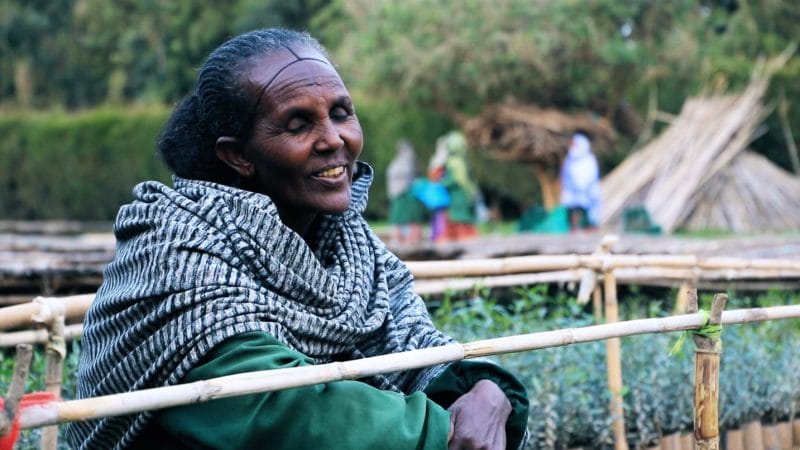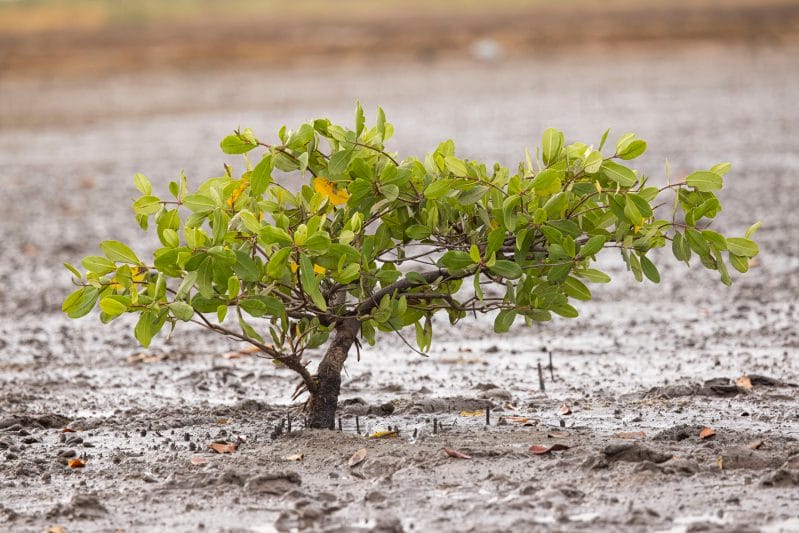But careful consideration of the socio-economic context of any development and conservation approach must be taken to ensure that such development is socially just and that benefits are shared throughout the community.
For example, the African locust bean, or néré (Parkia biglobosa) is an important component of the West African diet. It’s also used in traditional medicines, it provides income and it can have a positive effect on crop production in agroforestry systems. In Burkina Faso’s Sudano-Sahelian zone, women process the seeds of the trees’ fruits into a highly nutritious sauce (soumbala) as a popular accompaniment to grain-based dishes. Despite the fact that the collection and production of néré falls mainly within the female domain, women’s access to this important tree is extremely fragile.
Catherine Pehou, a researcher from Burkina Faso, shared her findings on shifting access rights to néré in a session on ‘Adoption, innovation and gender perspectives’ at the annual Tropentag conference in Vienna [19-21 September, 2016]. Her research showed that access rights varied greatly and in areas within the boundaries of the household or areas attributed to a particular lineage, women can easily lose their rights to harvest néré. This land is often transferred through inheritance, renting, lending and sale. In communal forest land, access rights were more secure.
What this demonstrates is how fragile women’s access rights to important resources are, in this case priority food trees, and that we must carefully consider their role in development and conservation approaches.
For further details click here.















